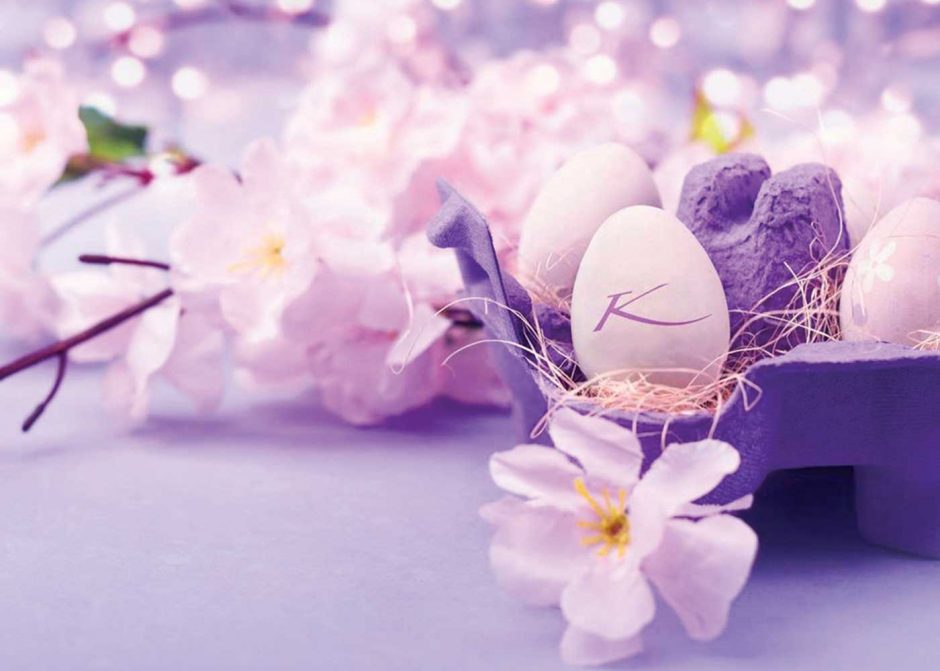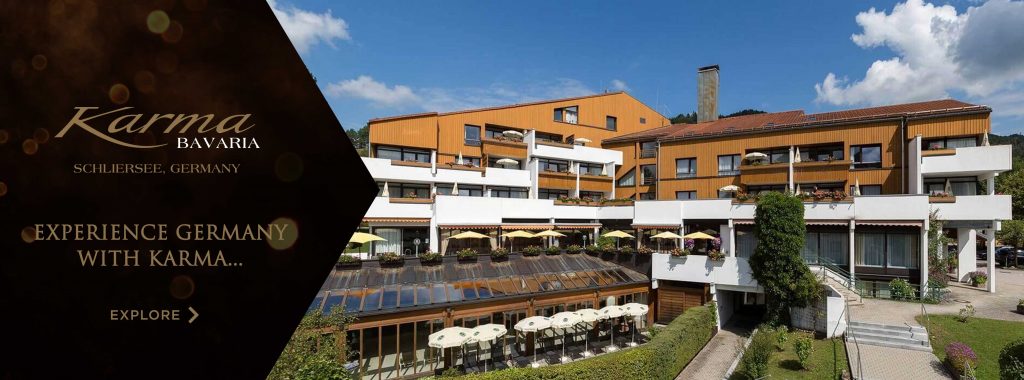As a beer-loving nation, Germany’s largest and headiest state, Bavaria, seems like the biggest outdoor pub in the world — with a few snow-capped mountain ranges thrown in for that frosty, on-the-rocks effect. (LOL!)
Quite unsurprisingly, the Bavarian capital Munich hosts its annual Oktoberfest, the most famous beer festival on earth, as well as Starkbierzeit (Strong beer season), which kicks in during Lent. The latter practice has its roots in the Middle Ages when monks used to brew robust drafts to stave off hunger while fasting.
But aside from its superb suds, Bavaria has lots of other things going for it as well. Among the coolest: it’s the home of the BMW, the birthplace of the classical music composer Richard Strauss, and it’s also where the delectable Nürnberger Bratwurst, Germany’s smallest sausage, is made.
Anytime in Bavaria is a sensory feast, but Easter is a particular treat, blending pagan rituals and ancient ways with contemporary excess, when Bavarians show their spiritual side in a profusion of colors, gaiety and feasts.
Some of Bavaria’s most charming and characteristic Pascaline customs include:
Palmbüscheln, or palm-leaf arrangements, which locals rise early on Palm Sunday to make and bring to church for consecration, thus ensuring a year of prosperity and growth (along with the attending German humor of calling the last to get out of bed that day a “Palmesel” or palm donkey, since donkeys are considered indolent while industriousness is considered a national trait
The Ostereierbaum, or Easter egg tree, which Bavarians adorn with elaborately hand-painted eggs of all sizes and colors and fasten with pretty, bright-colored ribbons
Nest-making by children, who collect moss to make soft, inviting places for the Osterhase (Easter bunny) to leave them Easter eggs and other goodies
Triduum Sacrum, the Three Holy Days, (Maundy Thursday, Good Friday and Holy Saturday), when church bells remain silent in vigilance of the Resurrection and as a sign of mourning. This holy three-day hiatus, traditionally reserved for liturgies and contemplative worship, affords a great opportunity for Karma Bavaria guests in a non-ecclesiastical mood to take in the sublime alpine environs and activities of Schliersee, plus the rich cultural offerings of Germany’s best-endowed region.
Whether you come for the brew, the bunnies or the banquets, experience a truly “hoppy” German Easter with a privileged stay at Karma Bavaria.


Recent Comments